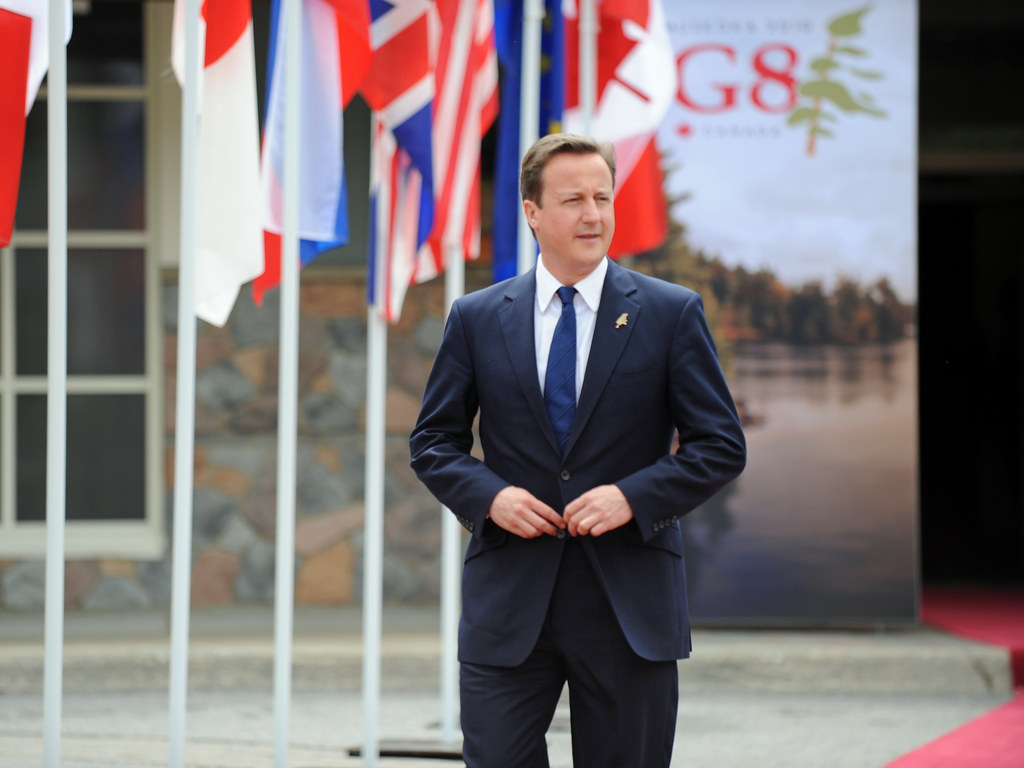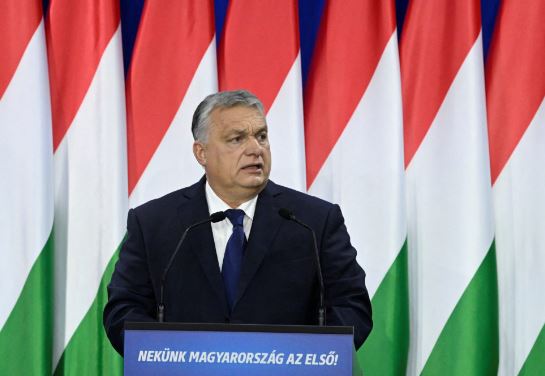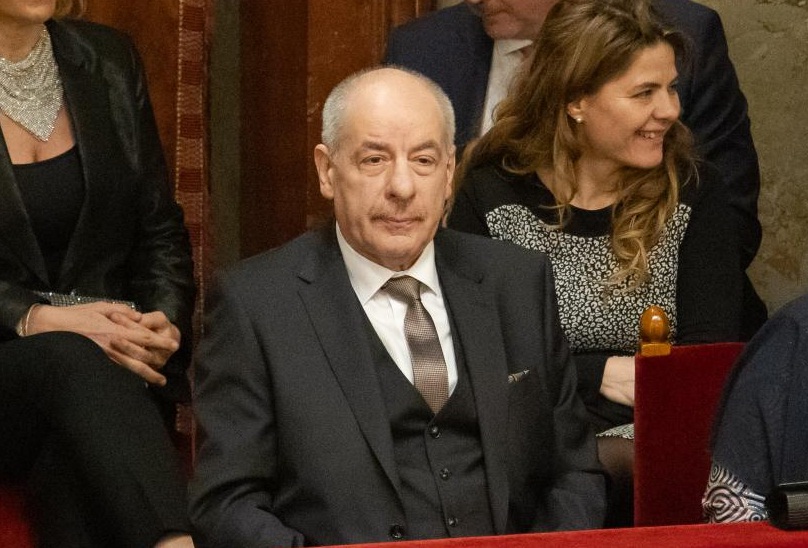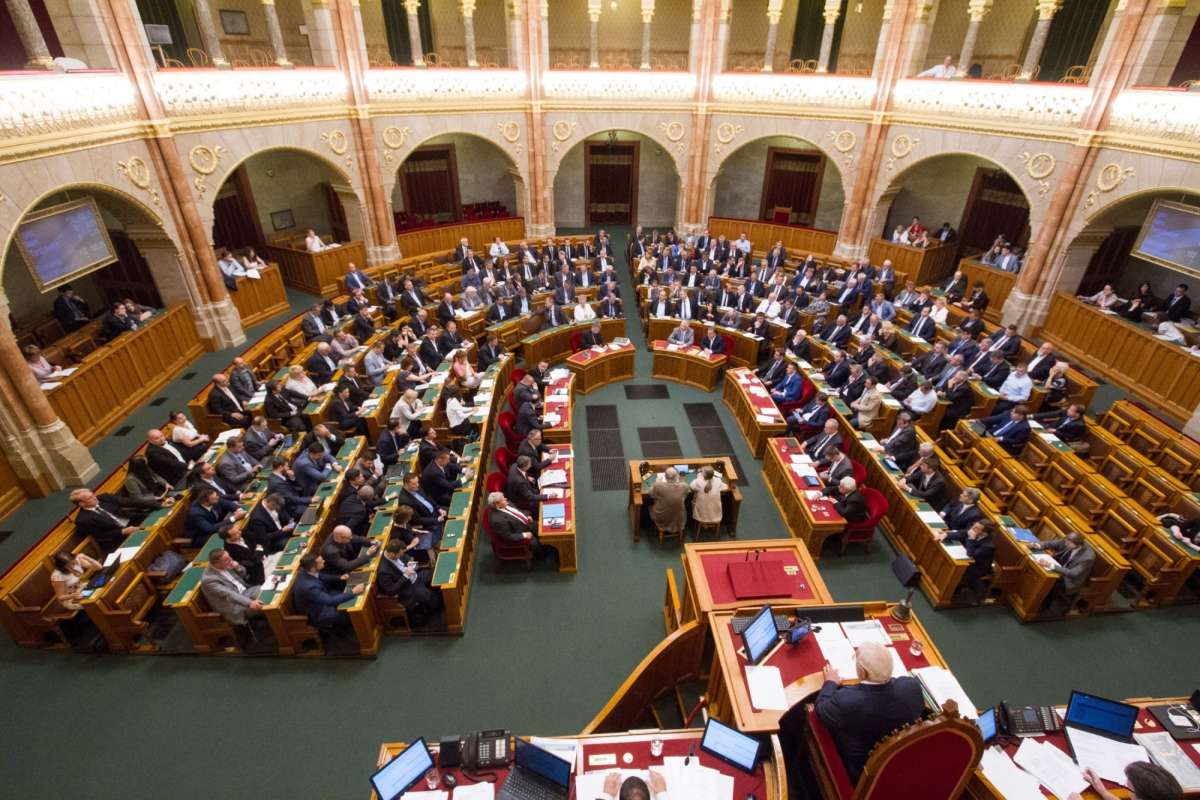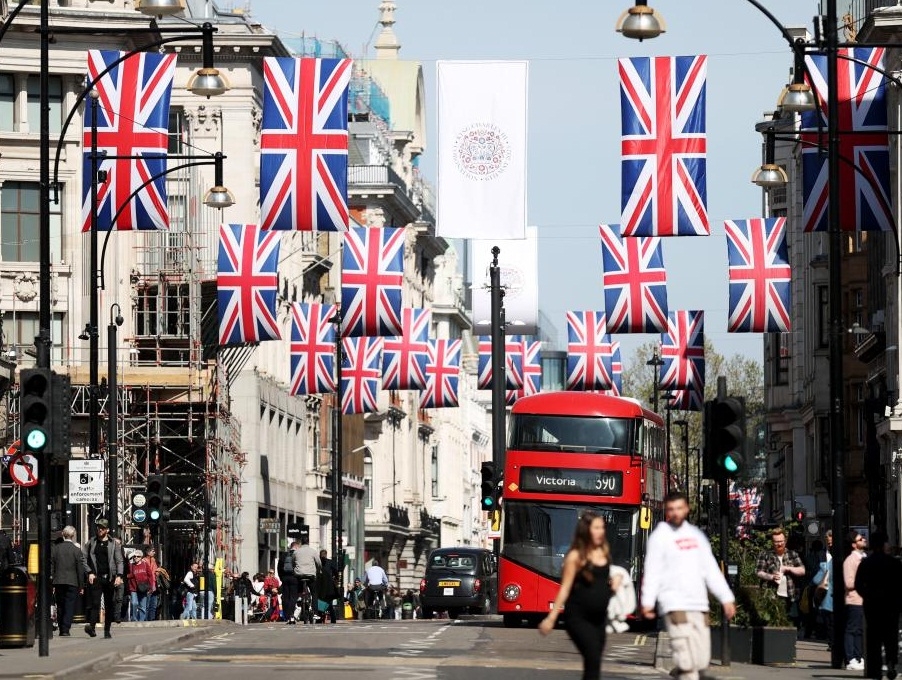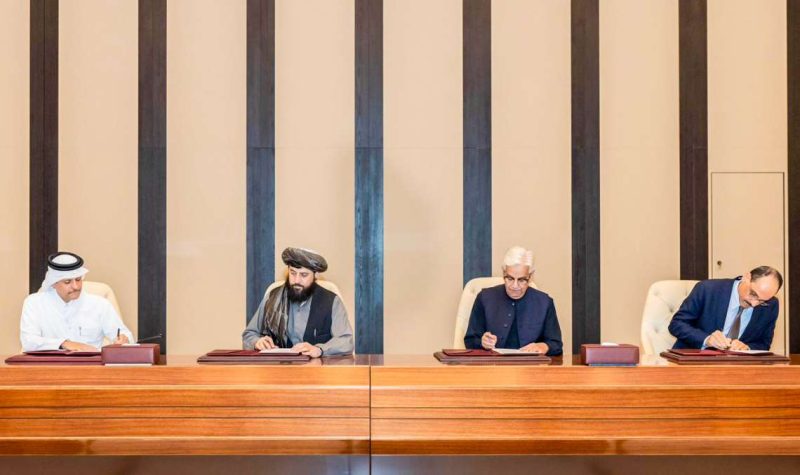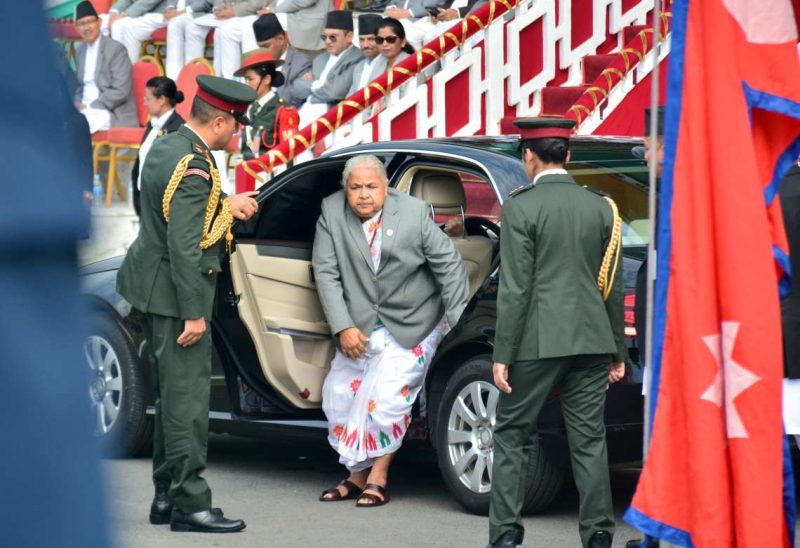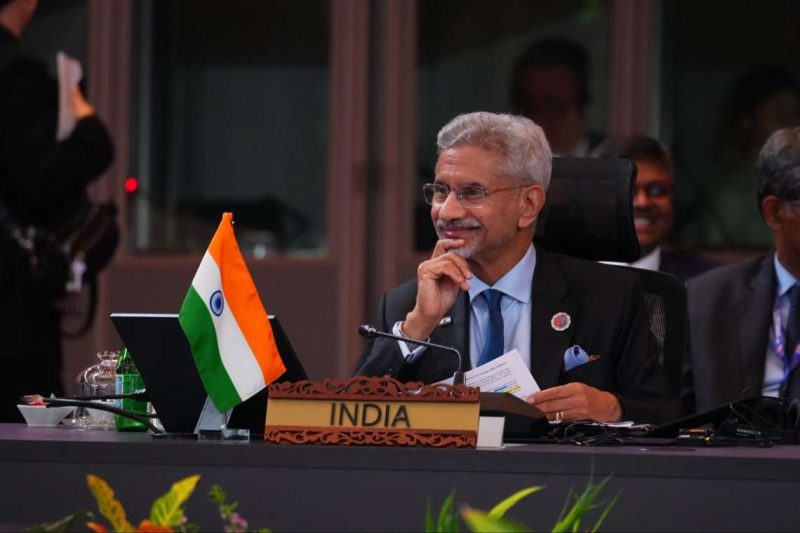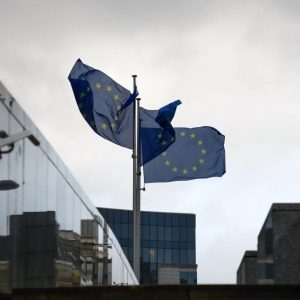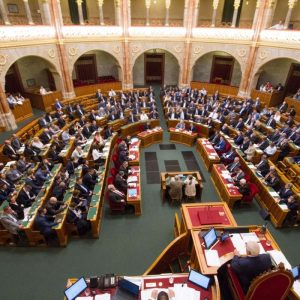After the meeting, Cameron emphasized “the priority of a ceasefire in Gaza as a prelude for moving on to the next stages of the solution.”..reports Asian Lite News
Lebanon has reiterated its commitment to “implementing international resolutions to the letter, especially Resolution 1701.”
Caretaker Lebanese Foreign Minister Abdullah Bou Habib on Thursday said: “Lebanon is ready to begin indirect negotiations with Israel regarding the land borders, but no agreement can be signed before the election of a president. In the meantime, we can negotiate indirectly to reach an agreement similar to the maritime demarcation agreement that was achieved.”
He explained: “There is ongoing dialogue between us and Hezbollah, and the party has always acknowledged the state’s responsibility for negotiating the southern land border.
“Lebanon desires the delineation of the land borders, the Israeli withdrawal from the Shebaa Farms and Kfarchouba, and the cessation of violations; there are no disagreements among the Lebanese in this regard. We would like to delineate the borders, and this is what we have asked of everyone.”
British Foreign Minister David Cameron and Hungarian Foreign Minister Peter Szijjarto arrived in Lebanon and held separate talks with Lebanese officials to urge calm, encourage the implementation of UN Security Council Resolution 1701, and help spare Lebanon from getting involved in a war with Israel.
Caretaker Prime Minister Najib Mikati informed Cameron of “Lebanon’s desire for continued cooperation between the army and UNIFIL,” referring to the UN peacekeeping force in the country.
Mikati’s media office said the two discussed “the establishment of calm in southern Lebanon and the requisite political and diplomatic solution. They also discussed the role of the army, avenues to support it and strengthen its capabilities, and ways to enhance cooperation between it and UNIFIL, as well as the means to implement Resolution 1701.”
After the meeting, Cameron emphasized “the priority of a ceasefire in Gaza as a prelude for moving on to the next stages of the solution.”
Cameron also met with Parliament Speaker Nabih Berri, who told him that “Israel is accused of targeting civilians and residential neighborhoods in the southern border villages and towns, bypassing the area of Resolution 1701 and the rules of engagement, and that Lebanon is adhering to and awaiting the implementation of this resolution since its issuance in its entirety.”
During a meeting with army commander Gen. Joseph Aoun, Cameron expressed “his country’s support for the army under the exceptional circumstances that Lebanon is going through,” according to the Army Command’s Orientation Office.
Meanwhile, Szijjarto said after an extensive meeting with his Lebanese counterpart Bou Habib: “We are concerned about the escalation of armed conflict in the Middle East, and the international community should do everything in its power to stop its deterioration because we know that if one country is involved in this armed conflict, it means we might be facing a regional war or even a war beyond the region’s borders.”
Bou Habib gave a more detailed explanation of Lebanon’s position, saying: “We rejected an Israeli proposal that requires Hezbollah to withdraw north so that Israel can return the settlers to their homes. We do not support half-measures in southern Lebanon. We want a complete solution that focuses on clarifying the borders between us, which were demarcated in 1923 and reaffirmed in the armistice agreement. We want to recover the territories of the Shebaa Farms and Kfarchouba Hills.”
A diplomatic source in contact with UNIFIL forces told Arab News that “Resolution 1701 is a comprehensive one. It does not only stipulate the cessation of hostilities. It contains provisions that should have been implemented in order to achieve a state of permanent stability. However, this was never done by either the Lebanese or the Israeli side. For years, the response was limited to addressing the violations perpetrated by both sides.”
On the other hand, the source talked about “the political instability that Israel faced. UNIFIL achieved what was achievable in south Lebanon under these circumstances, knowing that the cost of its presence amounts to half a billion dollars. However, it is the Lebanese government’s responsibility to implement the decisions it took and agreed to.
“Everyone knows that Hezbollah is part of the south and this is its land. Israel, by talking about the necessity of Hezbollah withdrawing from the border area, aims to provoke. This should not be discussed, as there is no need for a buffer zone,” the source added, pointing out that “UNIFIL was unable to enter and search the houses for weapons, as this requires evidence and search warrants.”
The source also refused to accuse anyone of obstructing the implementation of the resolution, as “both parties are in the wrong and pointing fingers is useless currently. The focus should be on the implementation of the international resolution’s provisions.
“Lebanon has an opportunity that should not be missed today. Does it want to be involved in regional conflicts despite its big potential?”
ALSO READ-Cameron holds talks with Saudi crown prince on key issues


